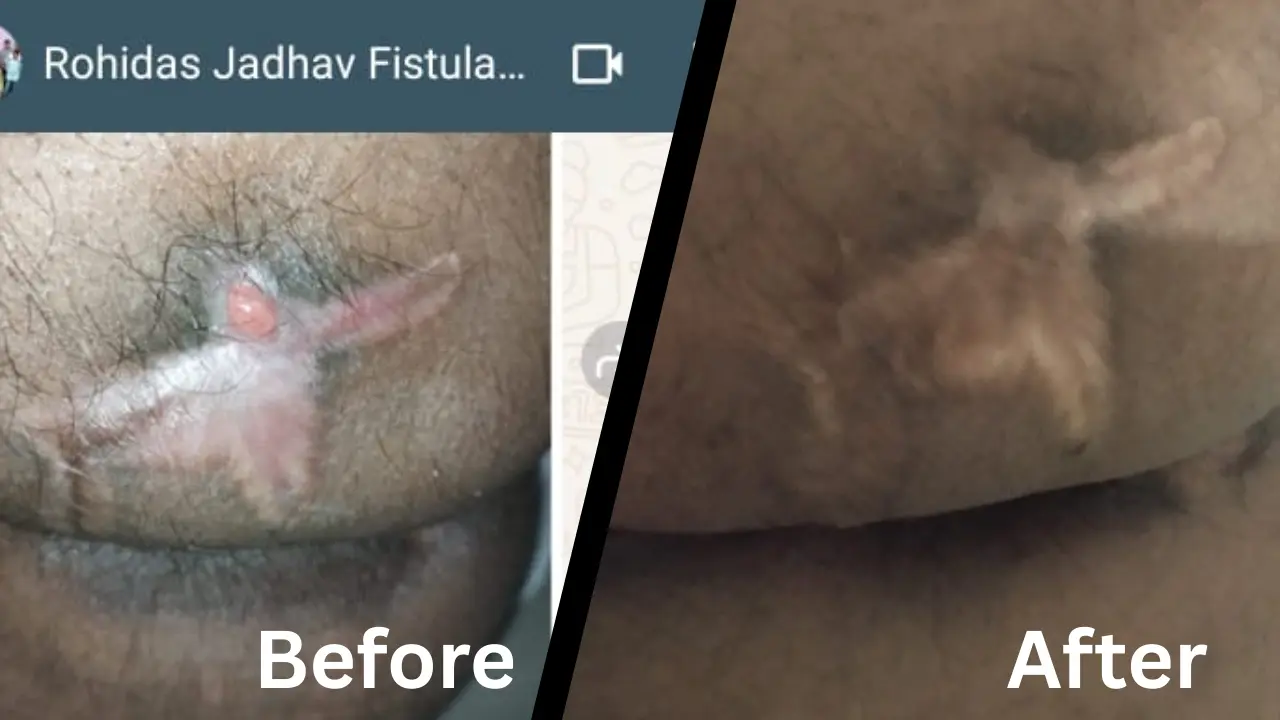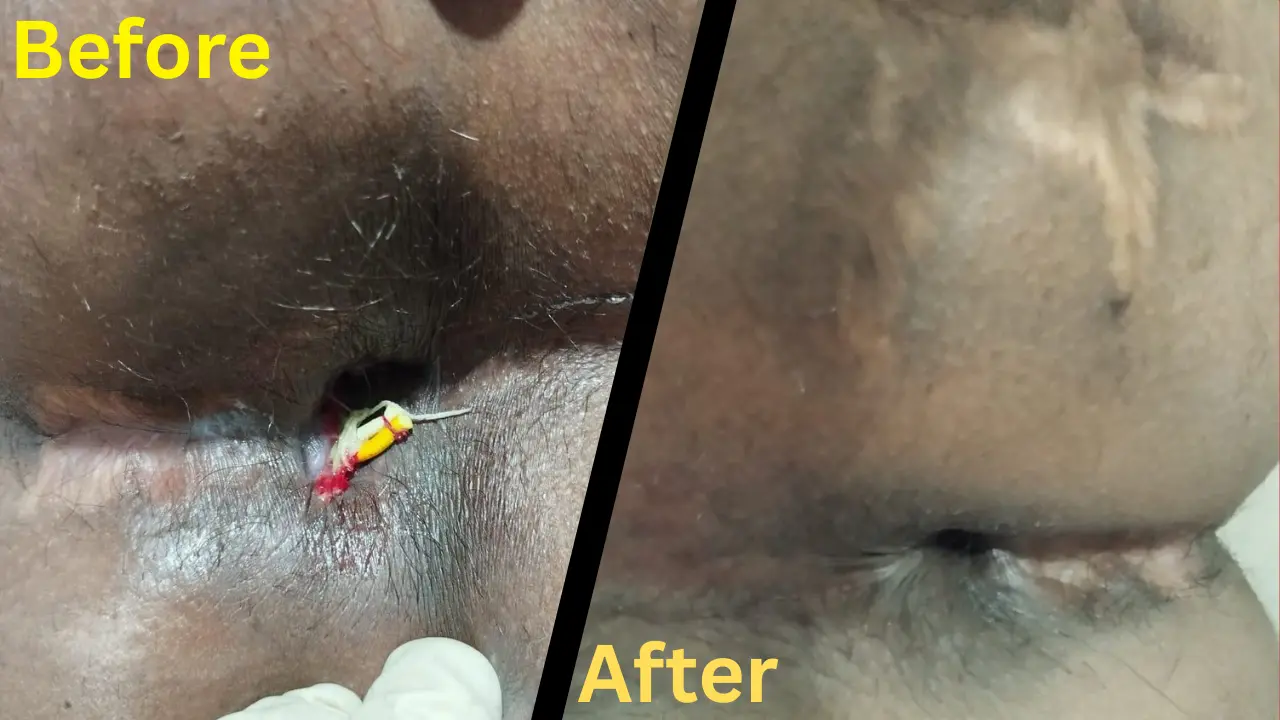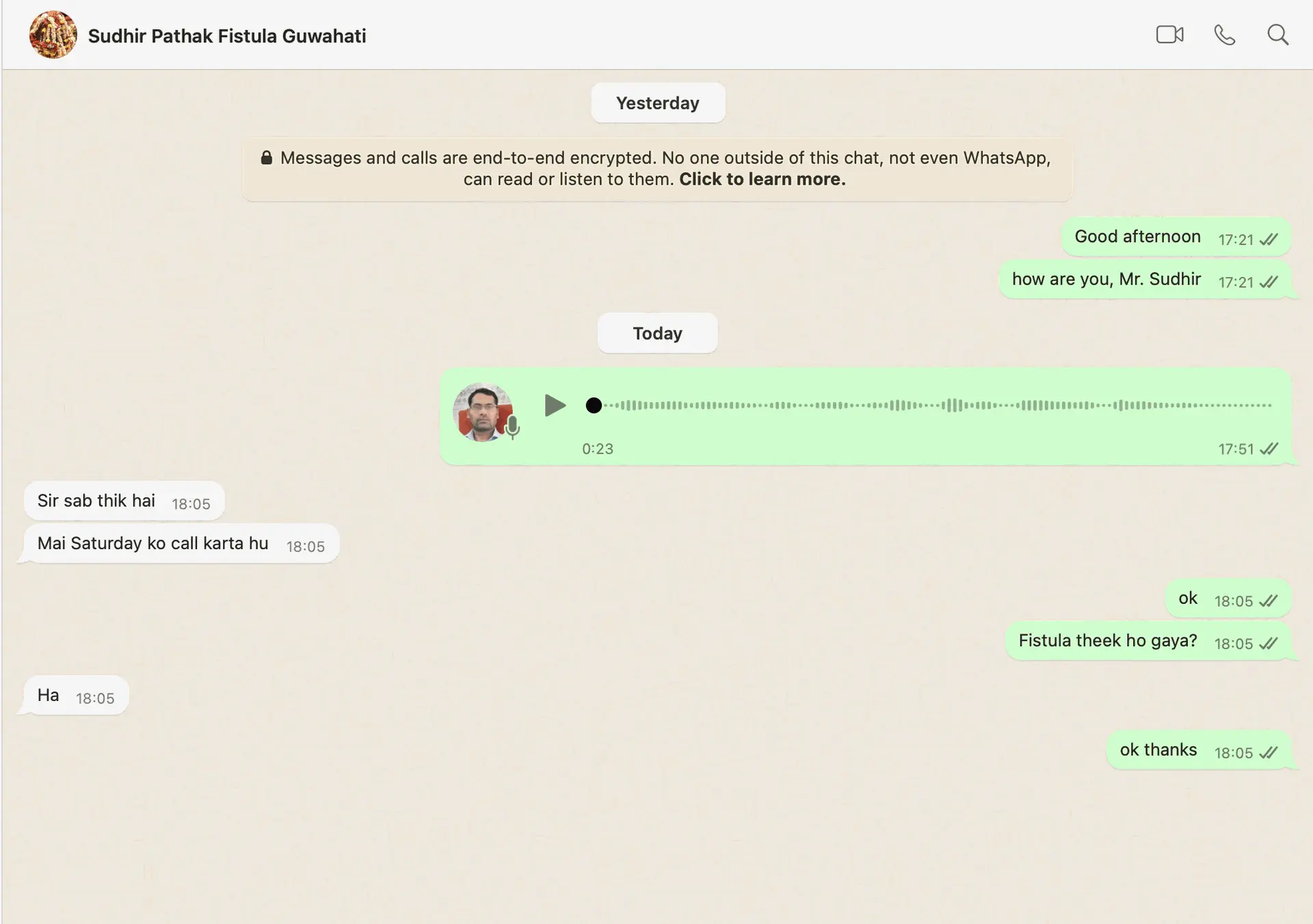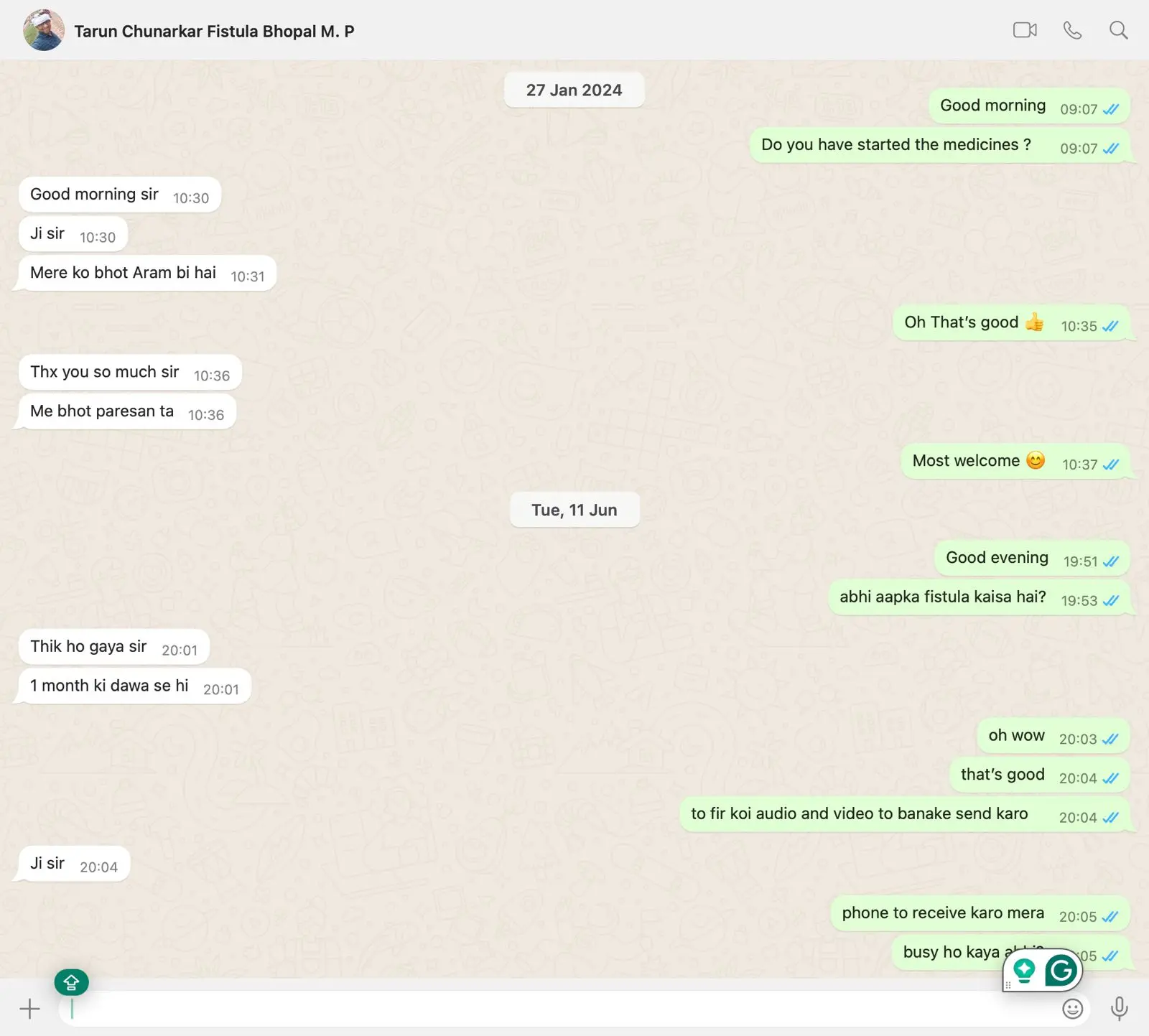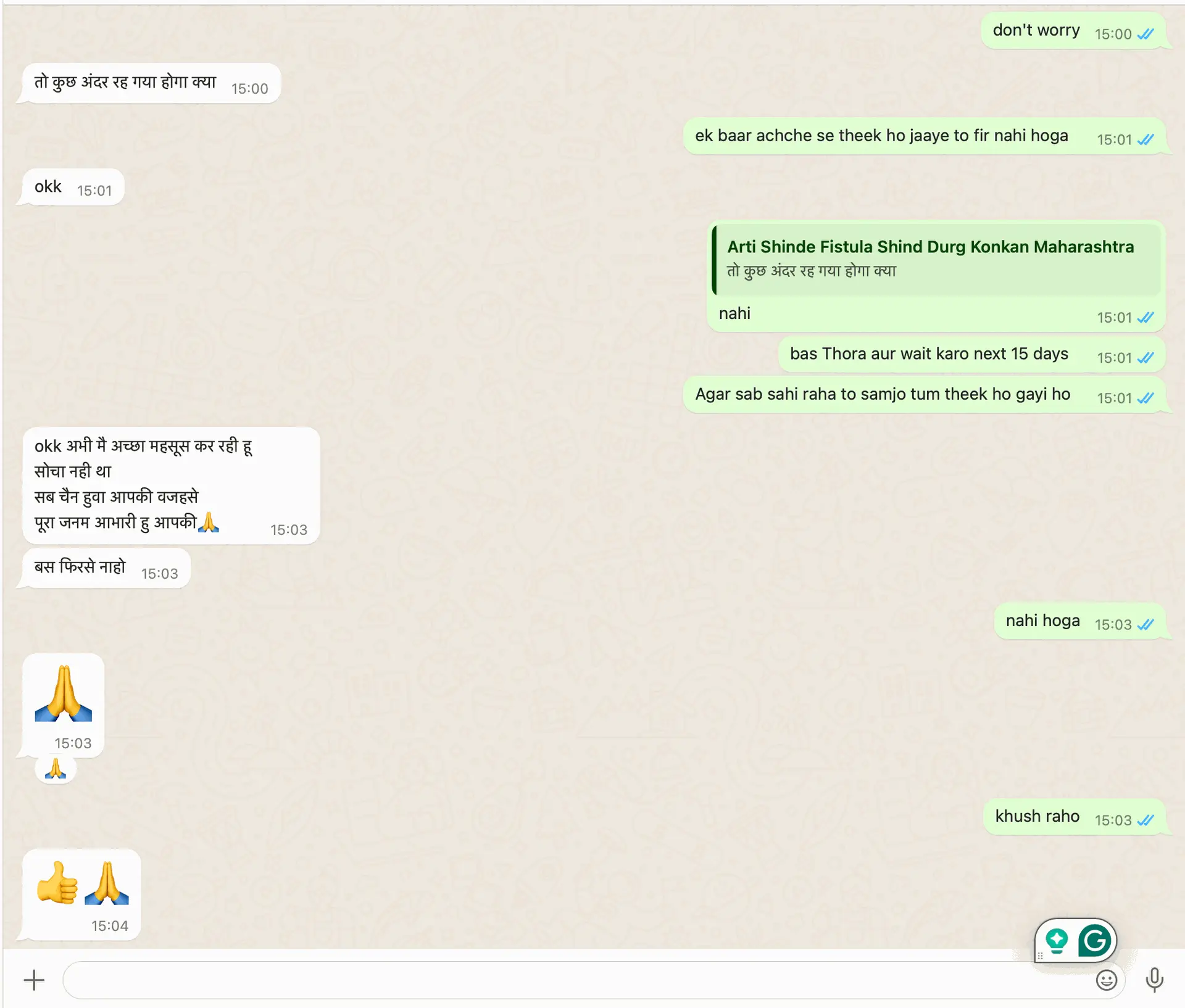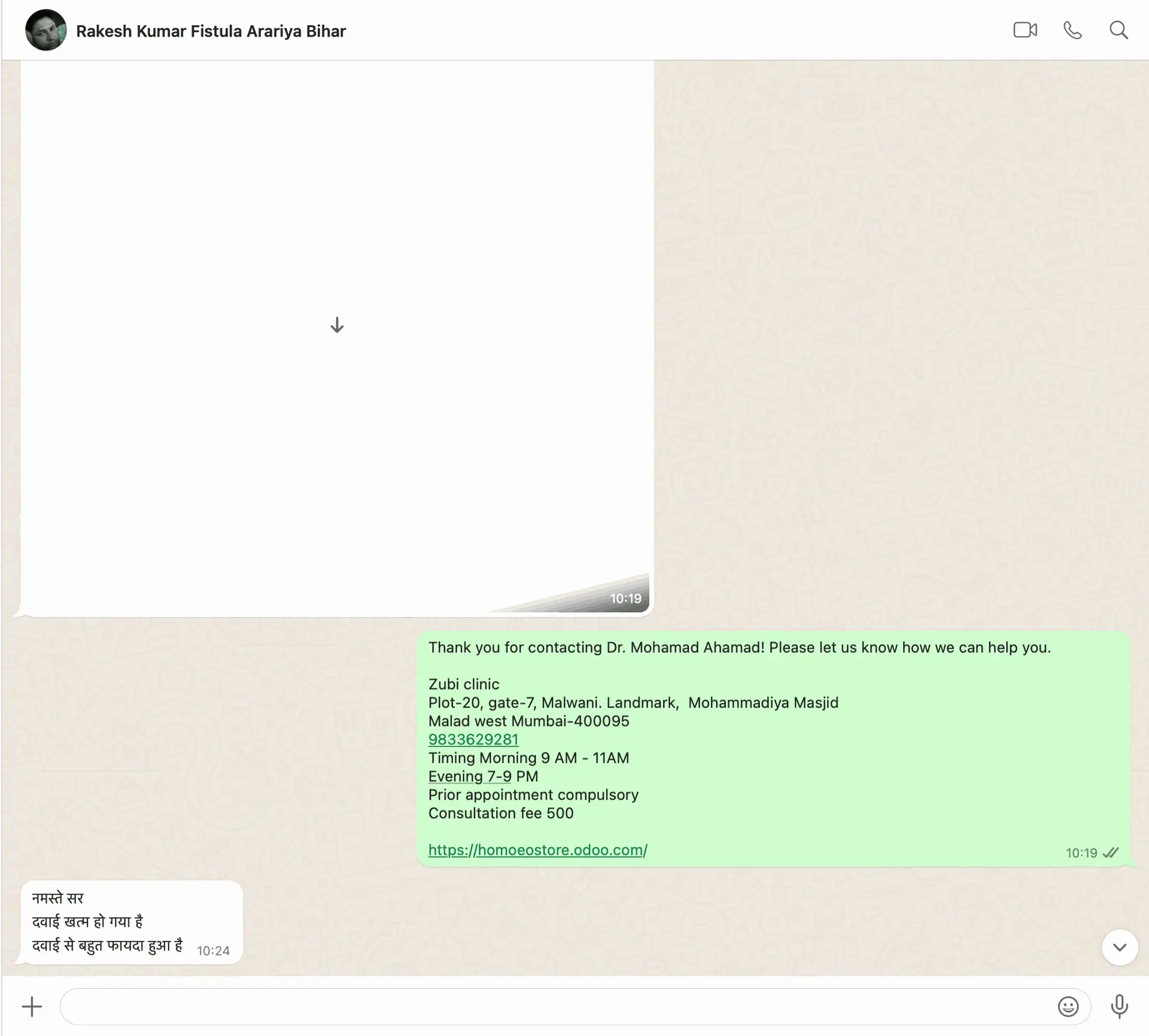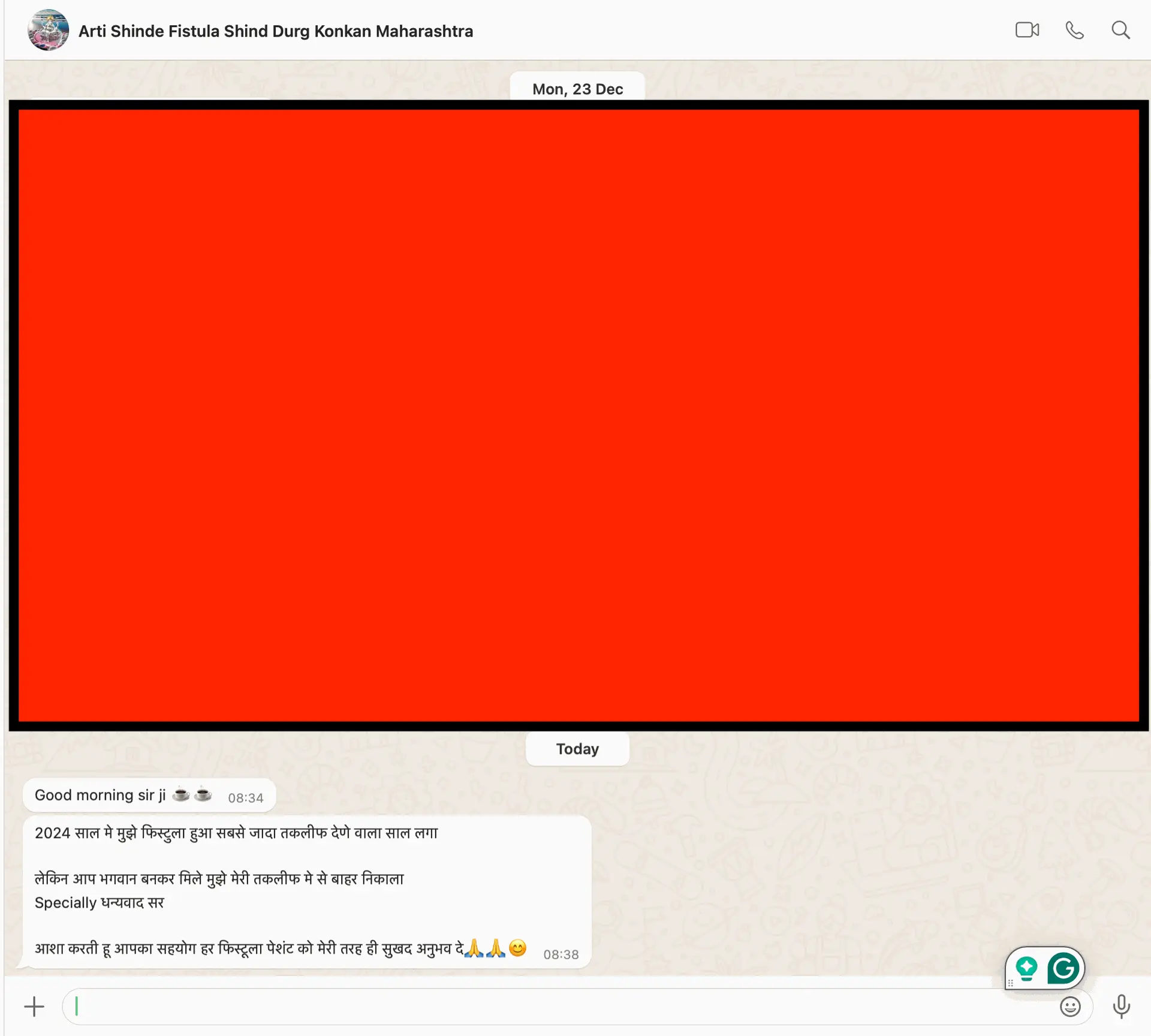Phobic Anxiety Disorder, commonly referred to as a phobia, is characterized by an intense, irrational fear of a specific object, situation, or activity that poses little to no actual danger. Treatment should be holistic and individualized. Here’s a breakdown of the best ways to treat it:
✅ 1. Cognitive Behavioral Therapy (CBT) – Gold Standard
- How it works: Helps individuals identify, challenge, and replace irrational fears with more realistic thoughts.
- Exposure therapy (a part of CBT): Gradual exposure to the feared object or situation helps desensitize the individual.
- Effectiveness: Highly effective, especially for specific phobias and social anxiety.
✅ 2. Medications (when necessary)
Prescribed when symptoms are severe or interfere with daily functioning.
- SSRIs (e.g., fluoxetine, sertraline): Used in long-term management.
- Benzodiazepines (e.g., lorazepam): For short-term relief of acute anxiety (use with caution due to risk of dependence).
- Beta-blockers (e.g., propranolol): Help reduce physical symptoms like rapid heartbeat.
✅ 3. Homeopathic Remedies (Supportive Role)
- Aconitum napellus: Sudden onset of intense fear or panic.
- Argentum nitricum: Anticipatory anxiety, fear of heights, or enclosed spaces.
- Gelsemium: Trembling fear, especially before events.
- Lycopodium: Fear of failure or public speaking.
Important: Always consult a qualified homeopath for constitutional treatment.
✅ 4. Relaxation Techniques
- Deep breathing
- Progressive muscle relaxation
-
Meditation and mindfulness
These help calm the nervous system and reduce the physical symptoms of anxiety.
✅ 5. Lifestyle Modifications
- Regular exercise (reduces stress and improves mood)
- Adequate sleep
- Healthy diet (limit caffeine and sugar)
- Avoidance of alcohol or recreational drugs
✅ 6. Support Systems
- Counseling or support groups
- Family therapy if family dynamics contribute to anxiety
- Peer support and psychoeducation
✅ 7. Desensitization & Self-help Tools
- Gradual self-exposure to the fear (start small and build confidence)
- Use of journals, apps, and guided self-help books
📌 Summary
The most effective approach often combines CBT, relaxation techniques, and lifestyle changes. Homeopathy and medication may provide additional support depending on the individual case.
Would you like a treatment plan tailored for a specific type of phobia (e.g., social, claustrophobia, agoraphobia)
